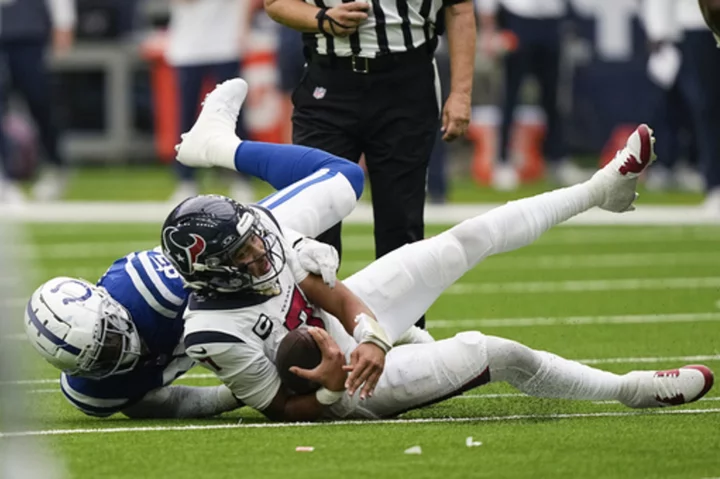Like nearly 20 million other Americans last Sunday, Aaron Klein was watching the Buffalo Bills go down against the Cincinnati Bengals. He was only half listening during a commercial break, checking his fantasy football scores, when an ominous voice broke from the usual pitches for beer or pickup trucks: “But now the Federal Reserve wants to impose unnecessary capital rules.”
“I’ve been watching football all my life and have been working on banking issues all of my career,” said Klein, a former US Treasury official who follows financial regulations at the Brookings Institution, a think tank in Washington. “I have never seen people spending money to reach the generic American football watcher about a technical bank capital issue coming out of Basel.”
He’s referring to Basel, Switzerland, the home of the Bank for International Settlements. That’s where a conclave of global technocrats gathers periodically to hash out the ground rules of the international banking system, usually with little fanfare or even notice.
But it’s now at the center of a widening effort by Wall Street lobbyists to push back against the biggest overhaul of banks’ capital requirements since the wave of regulations ushered in after the 2008 financial crisis.
Why Bigger ‘Capital Cushions’ Have Banks On Edge: QuickTake
Those plans, which were unveiled in July, are tied to what’s known as Basel III, an international regulatory agreement that began more than a decade ago. If approved, by mid-2025 it will require big banks to increase what they need to keep on hand to ensure they can survive another crunch.
Lenders with at least $100 billion in assets would have to boost capital buffers by an estimated 16%, according to US regulators. The eight largest US banks — including JPMorgan Chase & Co. and Bank of America Corp., would face a 19% jump.
The Fed and other regulators have said the need was highlighted by the failures this year of Silicon Valley Bank, Signature Bank and First Republic Bank, which were undone by a combination of investment losses and a run on deposits. Facing a squeeze to their bottom lines, though, lenders say it will make them less competitive and stymie the creation of new loans.
The proposal runs for hundreds of pages, chock full of arcana like correlation parameter tables and delta-risk weights. It’s not the sort of thing to resonate beyond Wall Street. Yet the high stakes have fueled a concerted effort to persuade Americans that it should, saying it adds a new risk to an economy already struggling under elevated inflation and sharply higher interest rates.
Vocal Opponents
Several prominent bankers have been vocal opponents, including JPMorgan Chief Executive Officer Jamie Dimon. Goldman Sachs Group Inc. has run print-media advertisements urging those in Washington to “stop the squeeze” of capital that would ripple down to businesses.
The Washington-based Bank Policy Institute has been running a campaign since early September, too, using slogans like “demand answers on the Fed’s costly new capital rules” and “Good for hedge funds. Bad for working families.”
The one that appeared on Sunday Night Football was created by Center Forward, a non-profit chaired by former US Representative Robert Cramer, an Alabama Democrat. The group, which is not required to disclose its donors, raised $18.8 million in 2021 and spent $15.7 million.
Riley Kilburg, the executive director at Center Forward, said it “engages on a number of issues related to the economy.” He declined to name donors.
Center Forward’s football-game commercial spared viewers the ins and outs of global financial regulation. Instead, it focused on closeups of downcast women and men staring at the camera, engaging in manual labor or appearing displeased with the price of milk. It said the Fed is seeking to impose “unnecessary capital rules that will raise costs for everything we buy.”
Brookings’ Klein was watching the game at his home in Silver Spring, Maryland, when it aired. He said such ads could gnaw at the public trust in the central bank, which has repeatedly sought to reassure Americans that it’s determined to snuff out the worst inflation surge in decades.
“The Fed strongly values its high level of trust within the American public,” he said. “Ads like this serve to undermine that trust.”
--With assistance from Neil Callanan, Bill Allison and Julius Domoney.









